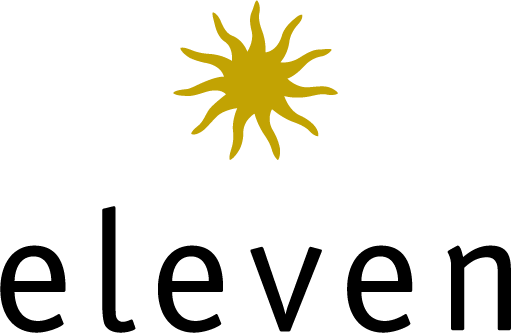Smoky vintages
Eleven Winery today announced that it will not remediate wines from the 2021 vintage to remove smoke flavor. “Let it ride,” said founder and winemaker Matt Albee. “It was a smoky vintage in the Yakima Valley. Many of our grapes were affected. Only one of these wines – our Viognier orange wine – tastes smoky today. But will more of these wines start tasting smoky at some point in the future? No one can say. It’s part of the vintage. One thing we know for sure: remediating these wines would strip the deliciousness out of them. We’ve tasted remediated wines and they have all been less appealing than the untreated versions."
“If some producers want to scrap their vintage or remediate their wines, that’s their choice. Winemakers are artists, and it can be difficult to accept stylistic variance that is forced upon you. But isn’t that what we deal with every harvest? Wine is a beverage steeped in hundreds of years of tradition, and its acolytes do not sacrifice their sacred cows without complaint. But if you listen to what your customers are saying instead of worrying about what the critics might say, you will find that the market is much more accepting of smoky wines than you expected. Smoky wines could even be the next big category. Crazier things have happened. Some wines may be too smoky to be appealing – but maybe not: Laphroaig Whisky and others serve as an indication that some consumers are attracted to intensely smoky styles.
“I implore everyone in the industry and the press to stop calling it ’taint’. Is the smoky flavor of some whiskies considered ’taint’? Smoke is a beloved flavor in a panoply of food and beverage products - meats, fish, charcuterie, nuts, cheese, Scotch whisky, to name just a few cherished victuals. Why is it considered a contaminant in wine? It’s an attitude that shows complete disregard and disrespect to the consumer, who may find it both appealing and intriguing as a discernible indication of the vintage. Vintage variation can be quite subtle, especially in irrigated desert regions like eastern Washington that produce high quality wine year after year, and consumers like being able to relate the wine to the place and time from which it arises. Just because it’s different does not mean it’s bad."
Some published reports have incorrectly suggested that it was not smoky in Washington in 2021. No one who spent any significant amount of time in the Yakima Valley between mid-August and mid-September, (or who reviewed the AQI data would agree. The Schneider Springs fire blew smoke down the valley every day for weeks. The AQI might not have been as bad as it was in the first week of September 2020, but the proximity and duration of the fire made the smoke flavor impact on the grapes much greater in 2021.
